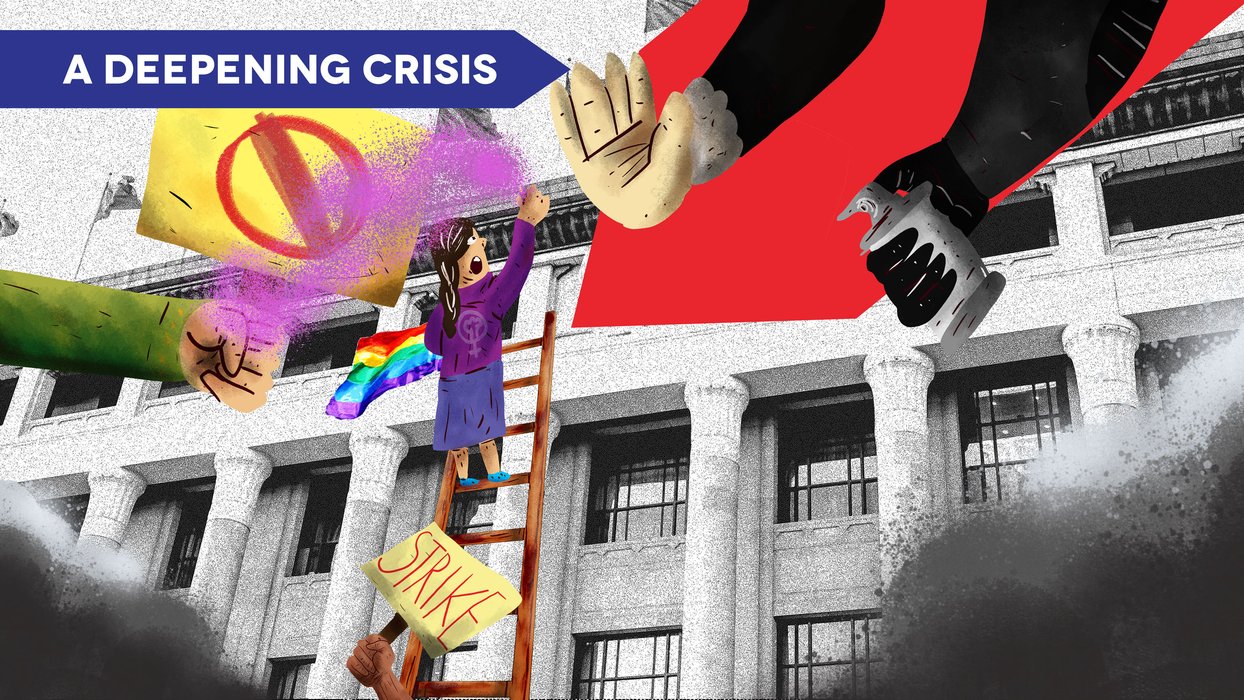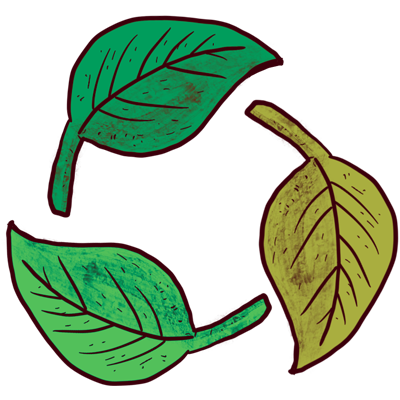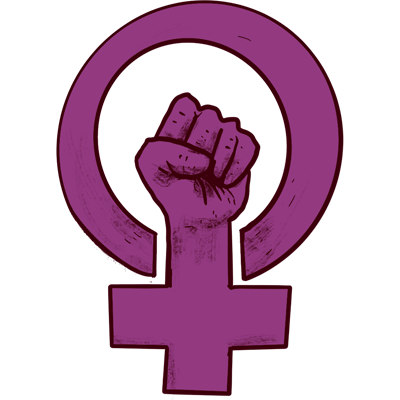Who Bears The Brunt

Violations against HRDs often stem from their unwavering dedication to defending human rights and social justice. Among the worst-affected people are HRDs advocating for democracy and better governance and climate and environmental defenders. Women fighting for their rights in closed and repressed countries are also often the target of violations; this is at times compounded by gender-based discrimination, making their struggle all the more challenging and courageous.

Climate and environmental defenders, driven by the urgent need for a sustainable future, stand out as one of the groups that face significant hurdles. Examples abound of restrictions on environmental activists, a trend seen increasingly in European countries that have otherwise relatively enabling civic spaces.
In May, German police raided the homes of activists from the Last Generation climate movement, intensifying scrutiny of the group. Surveillance of Last Generation activists was confirmed by the Munich public prosecutor’s office in June. In Mongolia, an HRD was the target of judicial harassment, repeatedly sued by a mining company after he requested a halt to its operations and the revocation of its licence.
Other HRDs advocate for climate justice in a less enabling environment. Their efforts, in countries where their work is met with hostility and faces more severe violations, often takes place in the shadows of repression. In the Philippines, environmental activists have been abducted and targeted for their activism. In Iraq, an environmental activist was forcibly abducted, tortured and moved between locations, raising concerns about activists' safety.
Latin America remains one of the most dangerous regions for environmental defenders: it is the only region where the killing of HRDs is listed in the top five civic space violations. In Honduras, two environmental defenders were shot and killed while resisting a mining project. In Mexico, environmental activists were brutally killed, and in Colombia, an environmental leader was shot dead. These targeted assaults suggest premeditation.
Activists who express political dissent and advocate for democracy and better governance are also a common target of restrictions. Unlike environmental defenders, where violations are widespread across regions, these violations are rare in countries with enabling civic space, typically occurring in repressed or closed countries, particularly in Africa and Asia.
In Senegal, Ousmane Sonko was arrested in July 2023 on charges of fomenting an insurrection and undermining state security, among other charges, in relation to deadly protests in March 2021 and June 2023, while his political party, Parti Patriotes Africaines du Sénégal pour le Travail, l’Ethique et la Fraternité (African Patriots of Senegal for Work, Ethics and Fraternity, PASTEF) was dissolved by the authorities.
Tinashe Chitsunge, an opposition Citizens Coalition for Change activist in Zimbabwe, was allegedly stoned to death by people affiliated with the ruling Zimbabwe African National Union-Patriotic Front (ZANU-PF) party. The incident occurred as Chitsunge attempted to escape from a suspected ZANU-PF mob that was assaulting opposition activists gathered for a rally.

Examples abound around Asia. In a series of concerning developments, people expressing dissenting views in China were handed severe sentences. Xie Wenfei, a vocal critic of the government and supporter of the Hong Kong democracy movement, received a four-and-a-half-year jail term for ‘picking quarrels and stirring up trouble’ while democracy activist Yang Maodong was sentenced to eight years on subversion charges for advocating for rights and freedoms over two decades. Civil society activist Xu Zhiyong was sentenced to 14 years in prison for subversion after he criticised President Xi Jinping. These incidents underscore the challenges faced by those expressing dissenting opinions or advocating for political change in China.
In Thailand, government critics continued to face severe consequences for alleged royal defamation. For example, young activist Phimchanok Jaihong received a two-year prison sentence for a Facebook post criticising the government and an unspecified institution, presumed to refer to the monarchy. Meanwhile, in Vietnam, a court sentenced activist Phan Son Tung to six years in prison in July 2023 for advocating for the formation of an opposition to the ruling Communist Party of Vietnam.

Defenders of women’s rights repeatedly faced violations, particularly in less enabling civic spaces, as in Afghanistan and countries in the Middle East and North Africa (MENA) region. The homes of women HRDs in Afghanistan have been continuously raided by the Taliban, particularly the homes of those involved in protests. Often, they are subjected to interrogations and coercive tactics to prevent media interaction and future protest involvement.
In Iran, the first anniversary of Mahsa Amini's death in custody after her arrest for allegedly wearing an ‘improper’ hijab saw a new wave of detentions. HRDs, mostly women, are being held on charges of ‘spreading propaganda against the state’ and ‘assembly and collusion against national security’.
In Syria, Hiba Ezzideen Al-Hajji and the Equity & Empowerment Organisation faced death threats and defamation for defending women’s rights. In Saudi Arabia, Manahel Al-Otaibi, an activist calling for women's rights, was arrested, and her sisters faced persecution, while Salma Al-Shehab received a harsh 27-year prison sentence for her online advocacy.